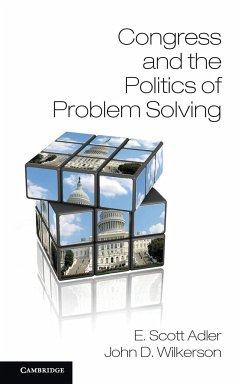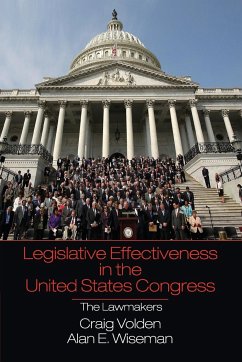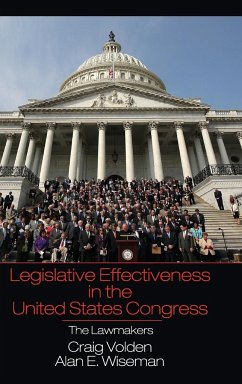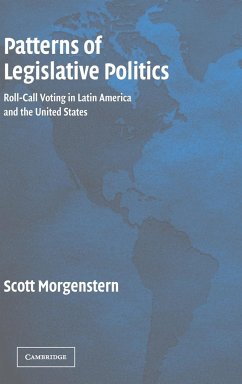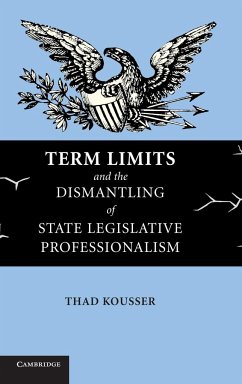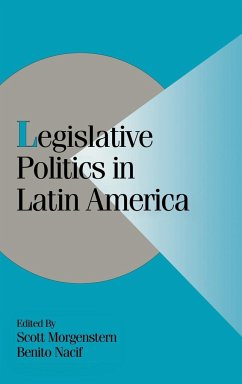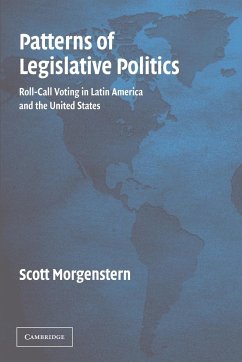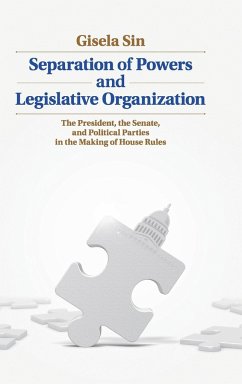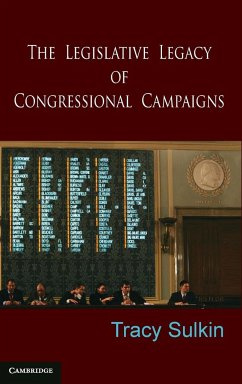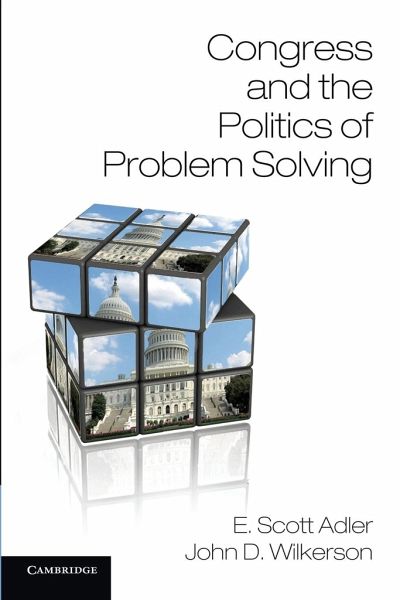
Congress and the Politics of Problem Solving
Versandkostenfrei!
Versandfertig in 1-2 Wochen
34,99 €
inkl. MwSt.
Weitere Ausgaben:

PAYBACK Punkte
17 °P sammeln!
How do issues end up on the agenda? Why do lawmakers routinely invest in program oversight and broad policy development? What considerations drive legislative policy change? For many, Congress is an institution consumed by partisan bickering and gridlock. Yet the institution's long history of addressing significant societal problems - even in recent years - seems to contradict this view. Congress and the Politics of Problem Solving argues that the willingness of many voters to hold elected officials accountable for societal conditions is central to appreciating why Congress responds to problem...
How do issues end up on the agenda? Why do lawmakers routinely invest in program oversight and broad policy development? What considerations drive legislative policy change? For many, Congress is an institution consumed by partisan bickering and gridlock. Yet the institution's long history of addressing significant societal problems - even in recent years - seems to contradict this view. Congress and the Politics of Problem Solving argues that the willingness of many voters to hold elected officials accountable for societal conditions is central to appreciating why Congress responds to problems despite the many reasons mustered for why it cannot. The authors show that, across decades of policy making, problem-solving motivations explain why bipartisanship is a common pattern of congressional behavior and offer the best explanation for legislative issue attention and policy change.





